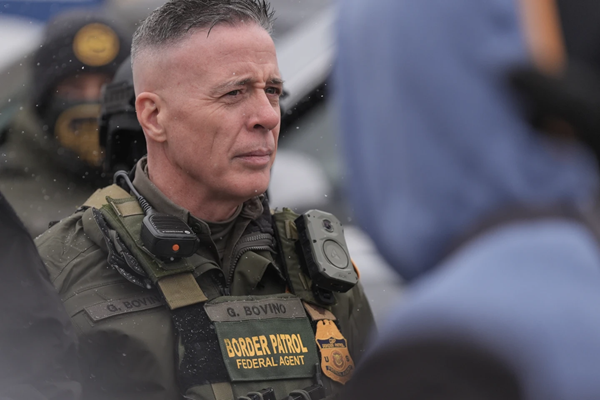Black History Month Locals: James Crowell
News 25 focuses on one of south Mississippi’s own, James Crowell, President of the Gulf Coast chapter of the National Association for the Advancement of Colored People (N.A.A.C.P.) Crowell says, "We lived in a shotgun house, which was basically what people lived in back in those days. We had outside toilets. We had to go outside to get water.”
Growing up black in 1960s Mississippi, Crowell saw two clear choices in life: to fight for social and racial justice, or to watch from the sidelines. Crowell also says, "Some of the demonstrations they had at Jackson State, some of the young people got killed there, so I was kinda’ a revolutionist when I come down."
An aptitude for math and science landed Crowell a job at Keesler Air Force Base as a civilian instructor. Crowell also says, “They told me class started at six o’clock in the morning and that really shook me. ‘Y’all have class at six in the morning?’”
Crowell subsequently became one of the top instructors at Keesler and the first black GS13. Crowell says, “And I almost got fired, but thankful to some good people there, and they saw the potential there, and basically, all the white people stood up for me.”
The Gulf Coast may have been more progressive than the rest of the state, but there was more work to be done. Crowell also says, “When the Civil Rights workers came down here, registering people to vote, I was there with them.”
He met prominent Civil Rights activist Dr. Gilbert Mason Sr., a medical doctor, who founded the Biloxi chapter of N.A.A.C.P. back in 1960. He led beach wade-ins, forging integration, a major force of the progressiveness of the Gulf Coast.
Crowell closes, “We’re not just here because someone brought us over here, we’re here because we had a purpose for being. God had a purpose for us to be here.”




Leave a Reply